
A harmful truth is better than a useful lie
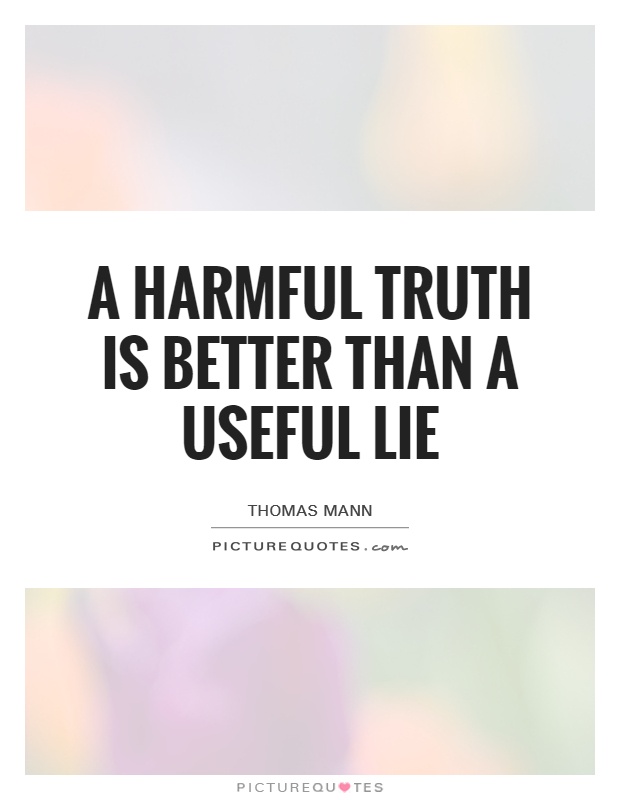
A harmful truth is better than a useful lie
Thomas Mann, a renowned German novelist and essayist, once said, "A harmful truth is better than a useful lie." This statement holds profound significance in the context of Mann's works, as he often explored themes of truth, morality, and the consequences of deception.In Mann's novel "Buddenbrooks," the protagonist, Thomas Buddenbrook, faces the harsh reality of his family's decline and the crumbling of their once prestigious business. Throughout the novel, Thomas grapples with the weight of truth and the consequences of hiding the harsh realities from his family. Ultimately, he comes to realize that facing the truth, no matter how painful, is essential for growth and self-awareness.
Mann's belief in the importance of truth over deception is also evident in his essay "On the Uses of a Liberal Education." In this essay, Mann argues that education should not be used as a tool for manipulation or deceit, but rather as a means of fostering critical thinking and intellectual honesty. He emphasizes the value of seeking out the truth, even if it challenges our preconceived notions or beliefs.
Furthermore, Mann's own life and career were marked by a commitment to truth and integrity. He was known for his outspoken criticism of totalitarian regimes and his unwavering dedication to artistic freedom. Mann believed that the pursuit of truth was essential for the preservation of democracy and human rights.
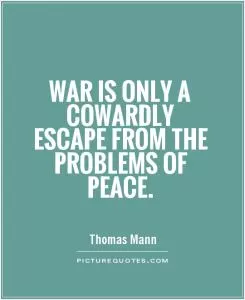
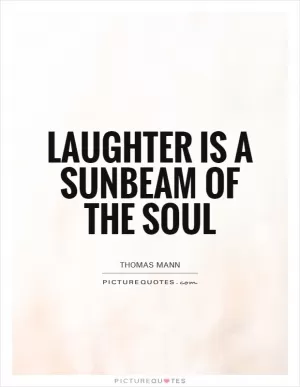
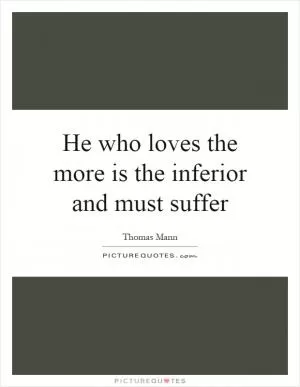
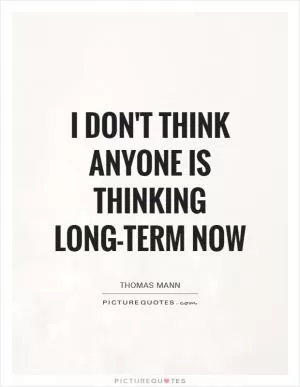
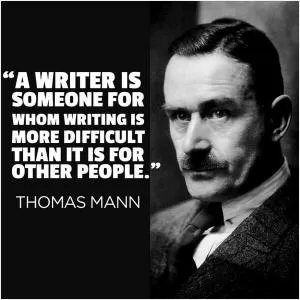
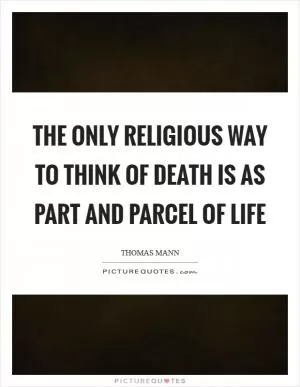
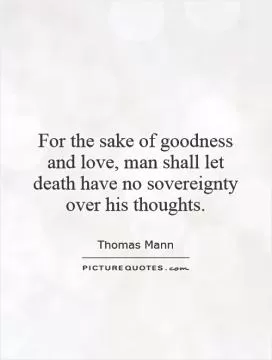
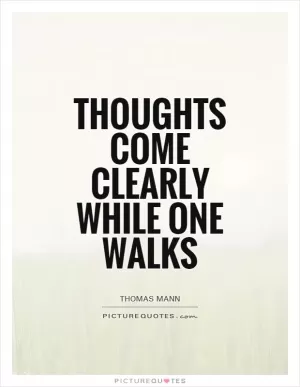
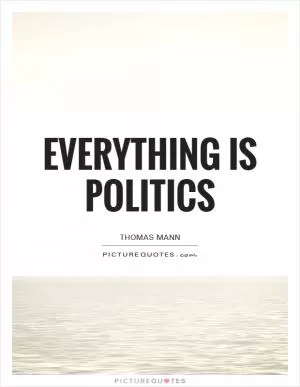
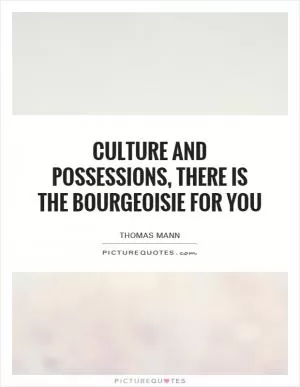
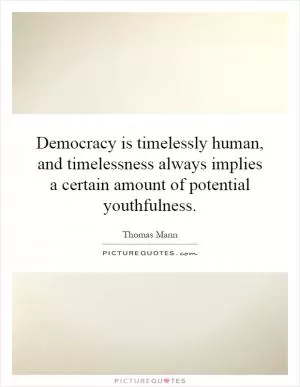
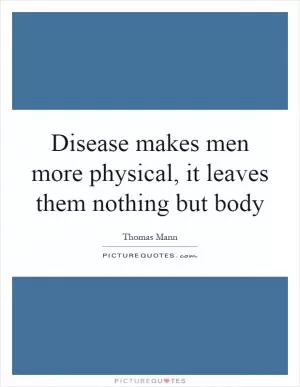
 Friendship Quotes
Friendship Quotes Love Quotes
Love Quotes Life Quotes
Life Quotes Funny Quotes
Funny Quotes Motivational Quotes
Motivational Quotes Inspirational Quotes
Inspirational Quotes